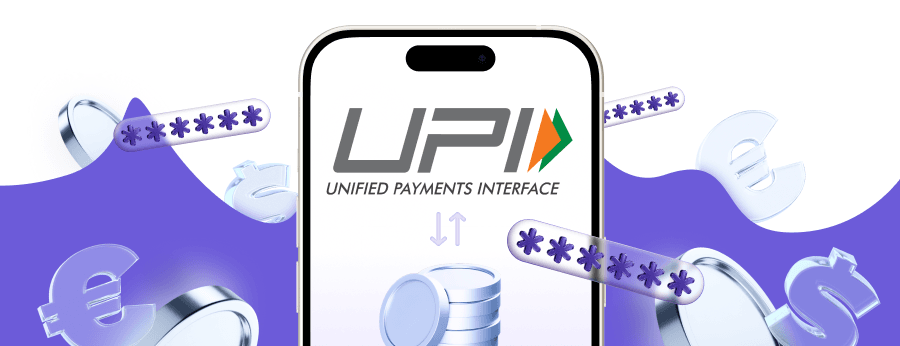UPI enables users to transfer money across banks in India in real time, though occasional delays may occur. Nonetheless, it’s critical to check your UPI transaction status to ensure it was successfully processed. Understanding how to use a transaction ID makes it simpler to confirm details and track digital transfers.
Why UPI Transaction Status Is Important
Tracking online payments improves transparency and helps avoid financial records confusion. By monitoring the status of your UPI, you know if a transfer has reached the right recipient.
It also helps to detect failed transactions or pending transactions, which may require follow-up action. Users often go to the transaction history in their apps to verify amounts and timings, reducing disputes and streamlining smooth reconciliation.

Ways to Check UPI Transaction Status
There are different ways to check if your UPI transfer was successful. For verification, customers can use UPI apps, mobile banking, netbanking platforms, SMS alerts and official customer services.
How to Use UPI App for Transaction Status
What is a transaction ID? The transaction ID is a unique number created for each UPI transfer, which you can use to verify the status of your transactions. You can see the progress of a payment right in the app by going to your transaction to view its details.
Using Mobile Banking App for Transaction ID
Most banks list status updates on their bank’s mobile app. You may check your UPI transaction in the UPI section to confirm if the amount has been credited to the recipient's account.
Perform Transaction ID Check Through Netbanking
If you have access to netbanking, you can check online using your bank's app or the unified payment interface panel. Enter the transaction ID to see if a specific transaction was completed or not.
Using SMS Alerts to Check Transaction Status
Most of the banks will send you SMS notifications once a transfer is finished. These messages provide details like the amount of transaction, time, and in certain cases, the UPI reference number which lets you check the status of your UPI transactions.
Contacting Customer Support for UPI Transaction Status
If you are still in doubt, just call the bank’s customer support or UPI helplines and ask for clarification. They have access to the backend systems in order to validate the status of the transaction and tell you what you need to do next, if anything, to resolve any issue.
Stop Manual UPI Status Checks
Using Transaction ID and UTR Status for Tracking
To track a UPI payment you can use either the transaction ID from your app or the UTR number provided by your bank. These references prove the payments and help users track transfers made across systems.
How to Use UPI Transaction ID for Status Check
In order to check the UPI transaction status either in the app or through netbanking, you will need the transaction ID. By using your transaction ID, you can see the transfer itself, the amount you sent or ensure that it was credited to the appropriate account.
What Is UTR Status and How to Track It Online
UTR number means Unique Transaction Reference, which is a unique code assigned to every UPI transfer and used to track and verify transactions. Banks and the NPCI (National Payments Corporation of India) system rely on this code to follow transfers, so it’s easy to track your UPI even if there are delays or tech problems.

Troubleshooting Common UPI Issues
While UPI is pretty dependable, users might encounter errors from time to time while making transactions. Understanding the problems will allow you to identify and resolve the issue following the right steps.
Error Occurred During Transaction ID Check
Errors happen when the system is unable to get the record usually due to network issues. Retrying after some time or contacting support will likely solve this problem.
Pending or Delayed Payments
Payments can sometimes get stuck due to high traffic or insufficient funds in the account from which money was sent. Pending transactions are usually resolved automatically within 24 hours, though in some cases it may take up to 48 hours.
Failed or Reversed UPI Payments
Failures can arise if the bank’s server goes down or if the system suspects possible payment frauds. In this case, the majority of most failed transactions will be reversed, and the sender receives that money back to their account.
Conclusion
With UPI transaction tracking, you can easily check the status of payments and ensure they were successfully made through UPI without an error. Knowing about every transaction helps achieve transparency, avoid disputes and gives peace of mind when dealing with digital payments.
Streamline your business operations with India’s advanced payment tools
Online Payment Company #1
Online payment solutions for all types of businesses since 2019
Subscribe to stay updated
on industry news, insights, and exclusive offers


